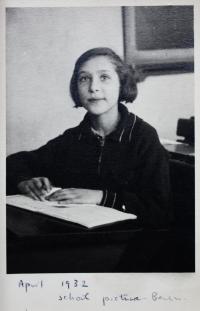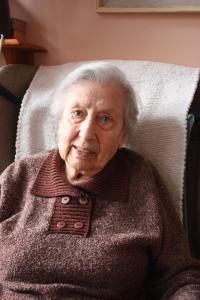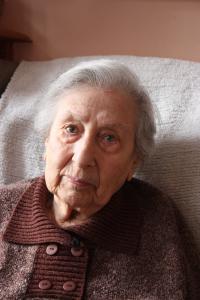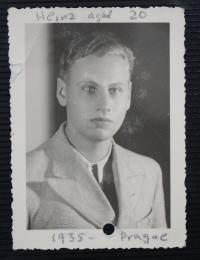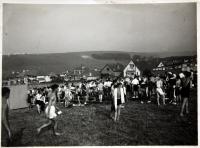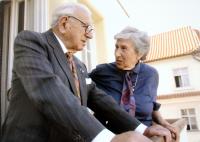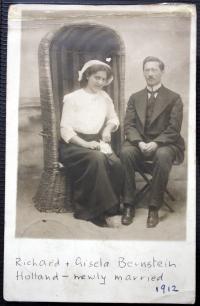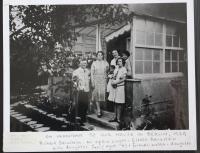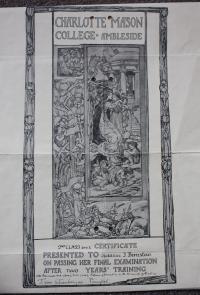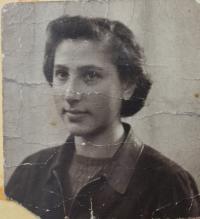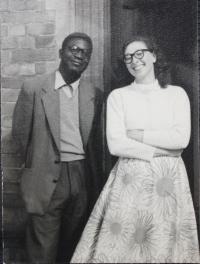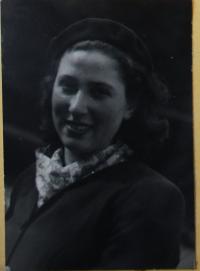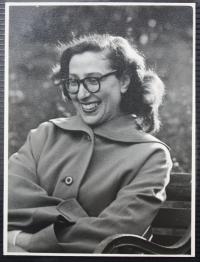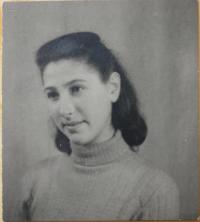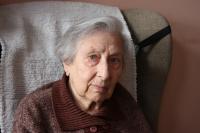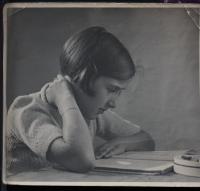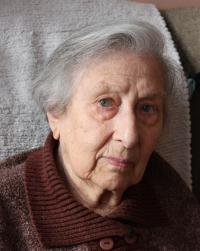I felt at home in Prague

Stáhnout obrázek
Susanne Medasová, one of „Winton‘s children“, was born on August 29, 1923 in Berlin-Wilmersdorf as Susanne Bernstein. Her father, a leftist journalist of Jewish origin, was originally from Vienna, her mother came from the Jizerské hory Mountains. After Hitler‘s rise to power, her parents took advantage of the home rights of her mother in Czechoslovakia, and the family moved in 1933 to Prague. She joined the leftist youth movement the Red Hawks - Rote Falken. In the beginning of the summer of 1939, on July 1, she left Prague on a children transport organized by Nicholas Winton. She graduated in England as a kindergarten teacher. After 1945, he moved to London and spent most of her time working as an educator of young children. She only returned to Prague for the first time in 1984. After her husband‘s death in 1989, she visited Czechoslovakia more often and in the years 1994-1999, she stayed in Prague for a long time, teaching English and English conversation. From her last visit of Prague in 2009, she returned to London in the „Winton“ train, which was officially dispatched to commemorate the anniversary of the rescue operation.
